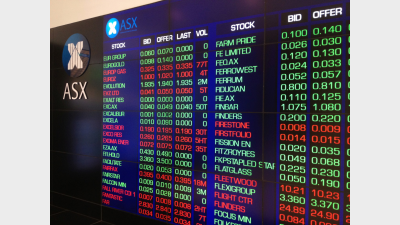Expand MIT definitions says ASFA
The Association of Superannuation Funds of Australia (ASFA) has expressed concern that the definition of a managed investment trust (MIT) contained in the Federal Budget is too narrow.
While welcoming the fact that the Federal Government had moved in the Budget to allow MITs to make an irrevocable election to treat gains and losses on disposal of eligible investments in shares, units in unit trusts and real property on capital account for taxation purposes, ASFA said it was concerned at the potentially narrow definition that was being pursued.
In a submission to the Treasury, ASFA noted that many larger Australian superannuation funds had established trusts that they either wholly owned, or owned in conjunction with a small number of other large Australian superannuation funds, to hold particular types of investments.
It said the reason for such structures was typically due to the regulatory restrictions within the Superannuation Industry (Supervision) Act (SIS).
“For example, some foreign limited partnerships allow for the partnership to borrow, and direct investment by a superannuation fund may be held to be in breach of the general prohibition in SIS against borrowing by superannuation funds,” the submission said.
It said based on the Treasury discussion paper surrounding the new MIT arrangements, it would appear likely that such trusts would not be “eligible Australian MITs”, as while the Australian superannuation fund will hold both an Australian Prudential Regulation Authority (APRA) and Australian Securities and Investments Commission (ASIC) licence, the trust would not appear to be a managed investment scheme or be operated by a financial services licensee as those terms are defined in the Corporations Act.
“ASFA considers that the certainty of taxation treatment provided to an Australian MIT should also be granted to trusts wholly owned by superannuation entities,” the submission said.
“ASFA submits that the group of eligible Australian MITs that can access the election be expanded to include a wholly owned trust of a complying APRA-regulated superannuation entity,” it said.
Recommended for you
Rest Super remains “fully committed” to equities, even as it anticipates higher market volatility than experienced in previous decades.
Australian superannuation funds have again generated strong returns for FY25, with the median growth fund returning 10.5 per cent for the year, according to Chant West.
The US remains a standout destination for innovation and commercialisation, according to MLC Asset Management chief investment officer Dan Farmer.
Hostplus’ MySuper Balanced option delivered significantly stronger returns in 2024–25, bouncing back from the previous year when its cautious stance on listed markets came at a cost to members.











